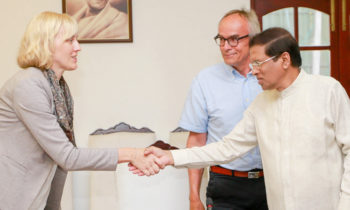 Norwegian expert Bent Aagaard submitted the interim report on the Uma Oya Multi-purpose Development Project to President Maithripala Sirisena at the President’s Official Residence in Colombo on Friday.
Norwegian expert Bent Aagaard submitted the interim report on the Uma Oya Multi-purpose Development Project to President Maithripala Sirisena at the President’s Official Residence in Colombo on Friday.
President Maithripala Sirisena said at the occasion that many problems had arisen during the implementation of the Uma Oya Multi-purpose Development Project as the previous government had hurriedly commenced the project without calling for a proper feasibility report and a Environmental Impact Assessment (EIA).
“The mistakes were done from the beginning and we are attempting to rectify them and ensure that the project would not create any issues in the future, the President said.
The expert said the preliminary studies had not forecast the possibility of large water seepage in the tunnel. He said the machinery used were not capable of strengthening the tunnel wall and seal them with strong grout materials.
“Excavation must be done with suitable machinery on the tunnel to ensure that there will be no seepage in the tunnel in the future,” the expert said. He said the contractors had not prepared for large scale water ingress in the tunnel.
The expert said special grout materials and machinery should be used for tunnelling remaining four and half Km as a part of it is below the residential areas.
Aagaard said a comprehensive preliminary study could have prevented the water ingress that resulted in a severe water shortage in some areas.
The President requested the expert to provide a full report with his recommendations that help stop completely the leakage. The President asked him to provide the reasons for not taking into the consideration the water leakage in the previous reports.
The President said mega scale projects should not be commenced without proper studies. He said Uma Oya problems are lessons for the future.
Expert advice would be sought to implement the next project that comprises tunnelling of 22 Km, the President said.
Mahaweli Development and Environment Ministry Secretary Anura Dissanayake, the Project Director and the Norwegian Embassy officials participated.
(Dailynews)

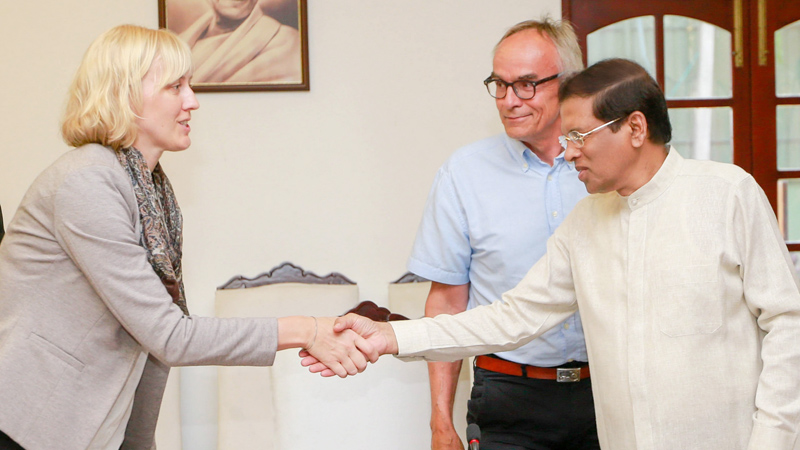

 The terrorist attack by Anders Breivik in Norway in 2011 caused a dramatic increase in trauma- and stressor-related disorders in Denmark, concludes a new study.
The terrorist attack by Anders Breivik in Norway in 2011 caused a dramatic increase in trauma- and stressor-related disorders in Denmark, concludes a new study.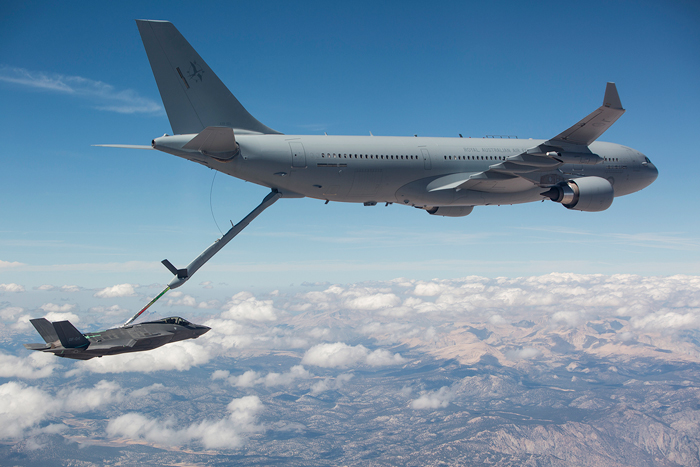
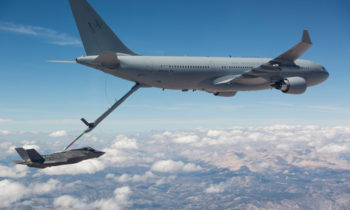 Germany and Norway officially joined the European/NATO program to acquire Airbus A330 Multi-Role Tanker Transport aircraft along with Netherlands and Luxembourg.
Germany and Norway officially joined the European/NATO program to acquire Airbus A330 Multi-Role Tanker Transport aircraft along with Netherlands and Luxembourg.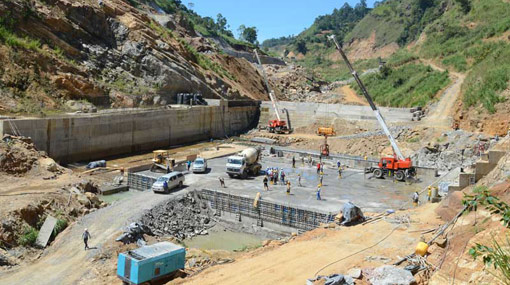
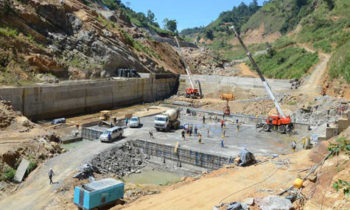 Sri Lankan President Maithripala Sirisena said that it is regrettable that series of problems have arisen during the implementation of the Uma Oya Multi-purpose Development Project as the previous government had hurriedly commenced the project without proper study of the feasibility report and the Environmental Impact Assessment (EIA).
Sri Lankan President Maithripala Sirisena said that it is regrettable that series of problems have arisen during the implementation of the Uma Oya Multi-purpose Development Project as the previous government had hurriedly commenced the project without proper study of the feasibility report and the Environmental Impact Assessment (EIA).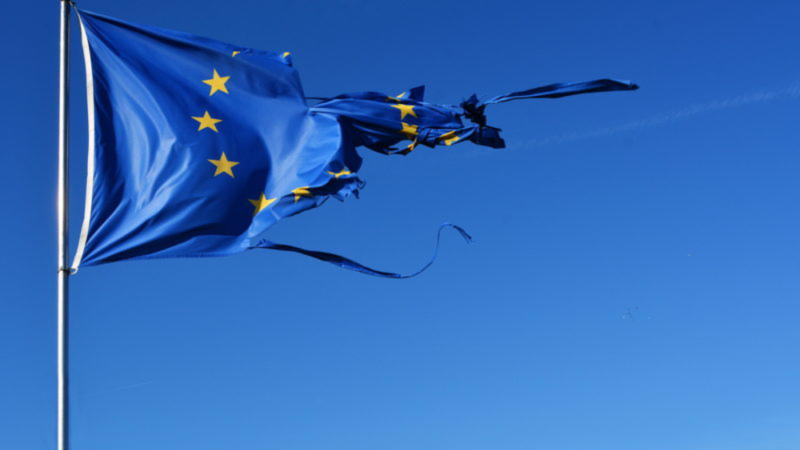
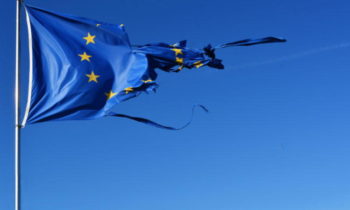 The world’s three most populated countries, China, India and the United States, have a more positive view about the EU than close neighbours like Russia, Norway and Switzerland, a
The world’s three most populated countries, China, India and the United States, have a more positive view about the EU than close neighbours like Russia, Norway and Switzerland, a 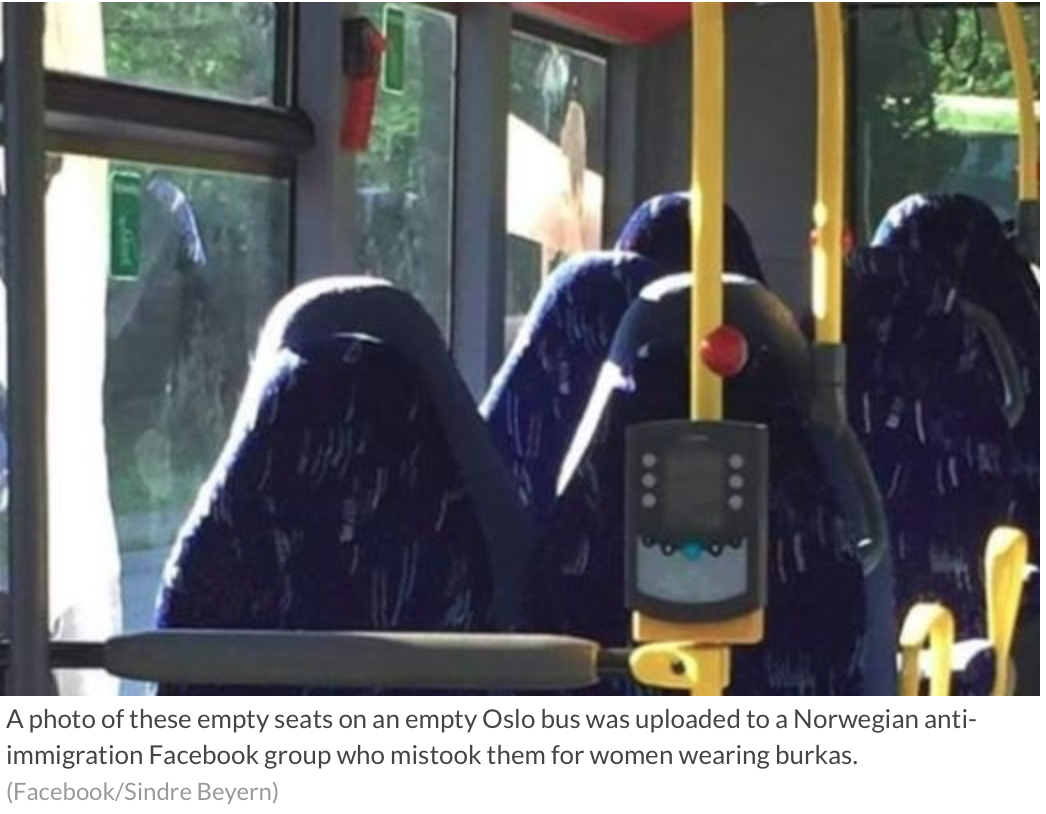
 “The hatred that was displayed toward some empty bus seats really shows how much prejudices trump wisdom.”
“The hatred that was displayed toward some empty bus seats really shows how much prejudices trump wisdom.” Facebook Sindre Beyer screenshotted the many reactions to the picture. He posted the photos on his personal account, asking: “What happens when a photo of some empty bus seats is posted to a disgusting Facebook group and nearly everyone thinks they see a bunch of burkas?”
Facebook Sindre Beyer screenshotted the many reactions to the picture. He posted the photos on his personal account, asking: “What happens when a photo of some empty bus seats is posted to a disgusting Facebook group and nearly everyone thinks they see a bunch of burkas?”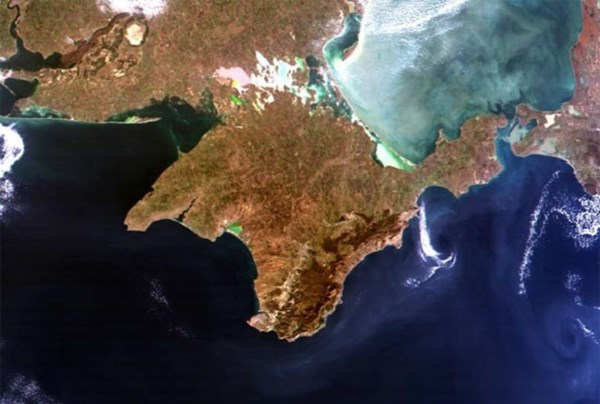
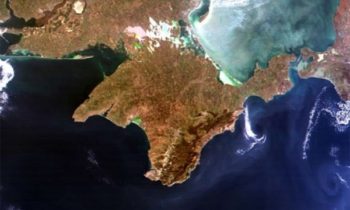 Five countries have extended sanctions against the Crimea until June 23, 2018. Norway, Albania, Montenegro, Georgia and Ukraine made the decision subsequent to that of the EU.
Five countries have extended sanctions against the Crimea until June 23, 2018. Norway, Albania, Montenegro, Georgia and Ukraine made the decision subsequent to that of the EU.
 On 5 April 2017, the Norwegian government proposed an amendment to the Norwegian code of criminal proceedings to allow the police to compel the use of biometric authentication. After two quick debates, the Norwegian Parliament passed the proposition into law on 21 June.
On 5 April 2017, the Norwegian government proposed an amendment to the Norwegian code of criminal proceedings to allow the police to compel the use of biometric authentication. After two quick debates, the Norwegian Parliament passed the proposition into law on 21 June.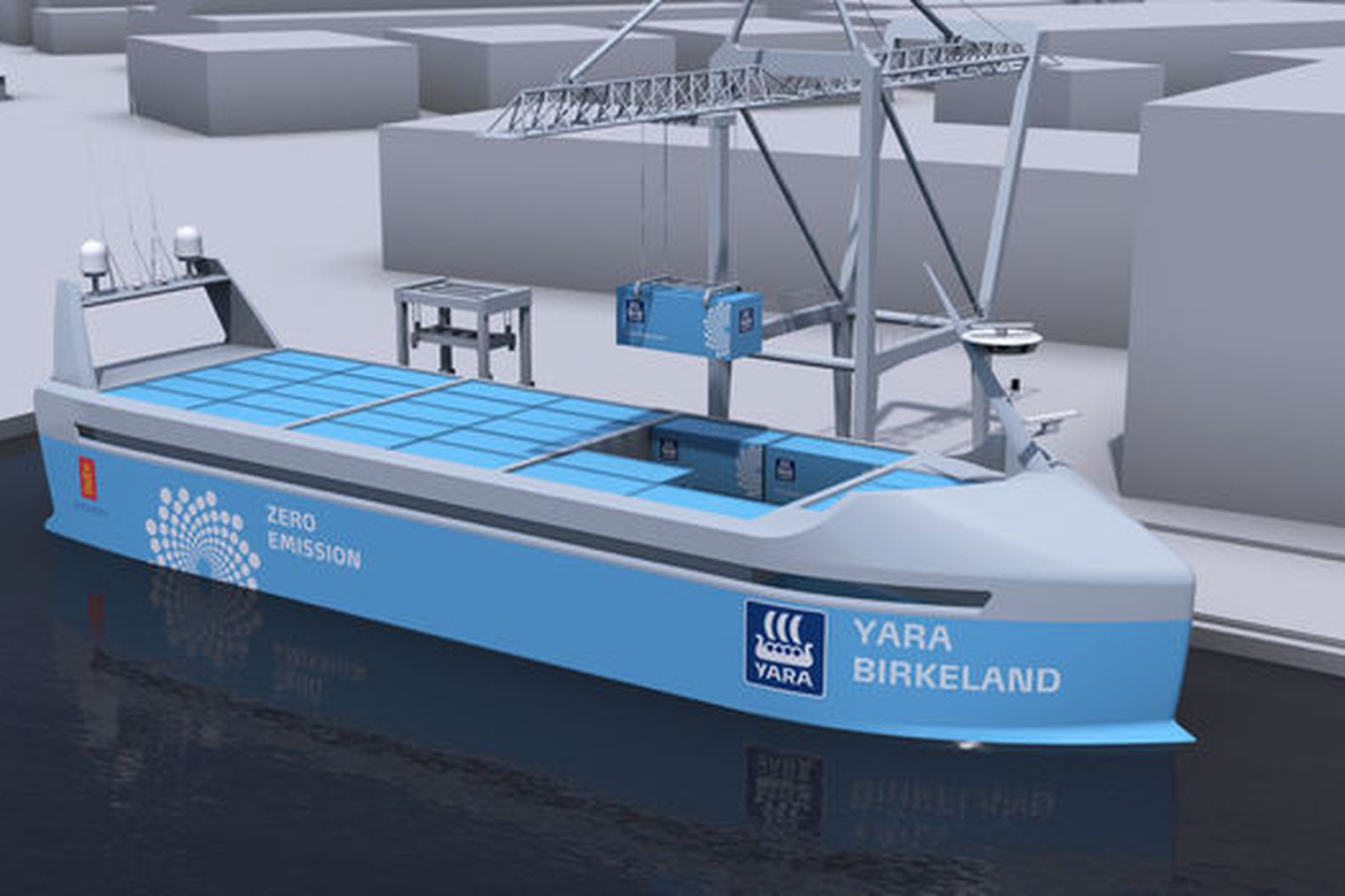
 The world’s first crewless, automated ship will launch in 2018,
The world’s first crewless, automated ship will launch in 2018, 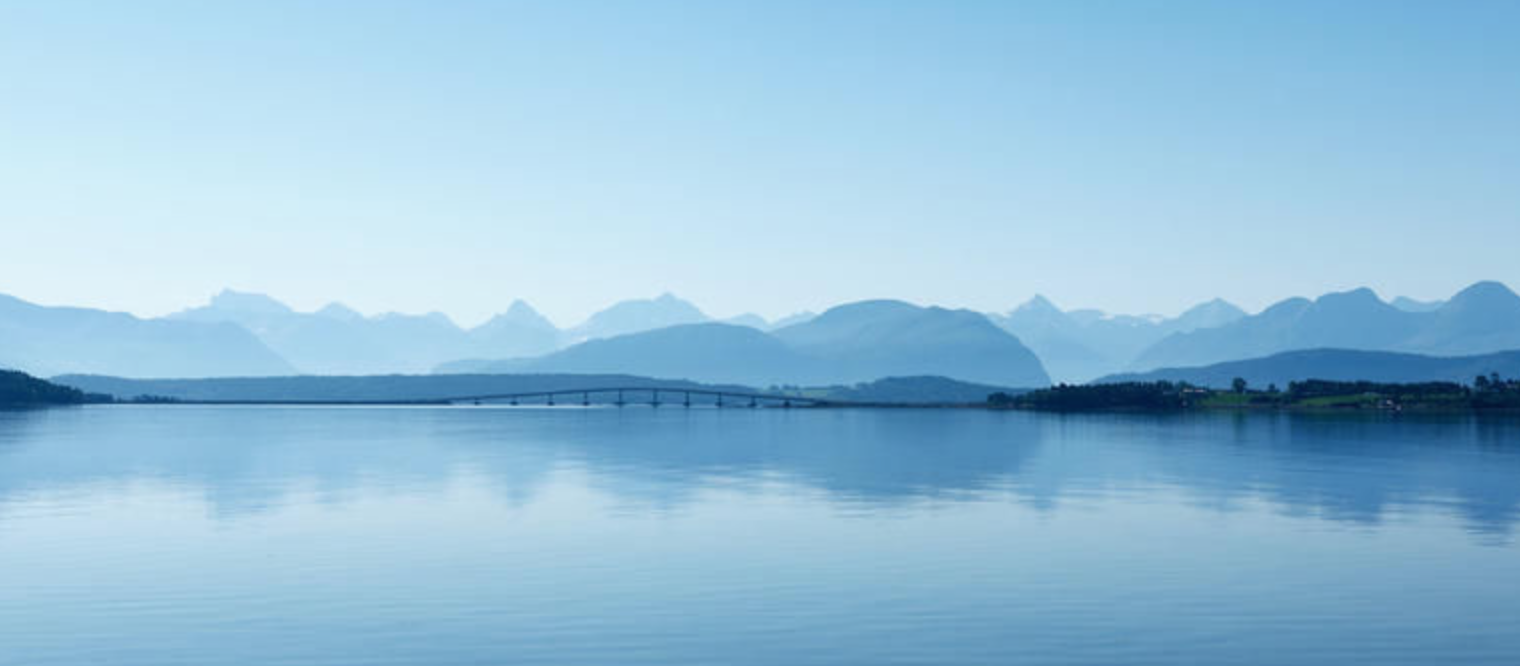
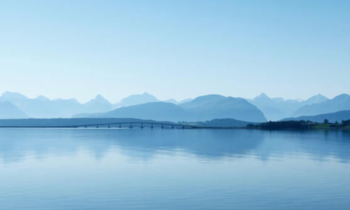 To improve offshore oil spill preparedness, Norway’s government and the oil industry are building an offshore broadband wireless network.
To improve offshore oil spill preparedness, Norway’s government and the oil industry are building an offshore broadband wireless network.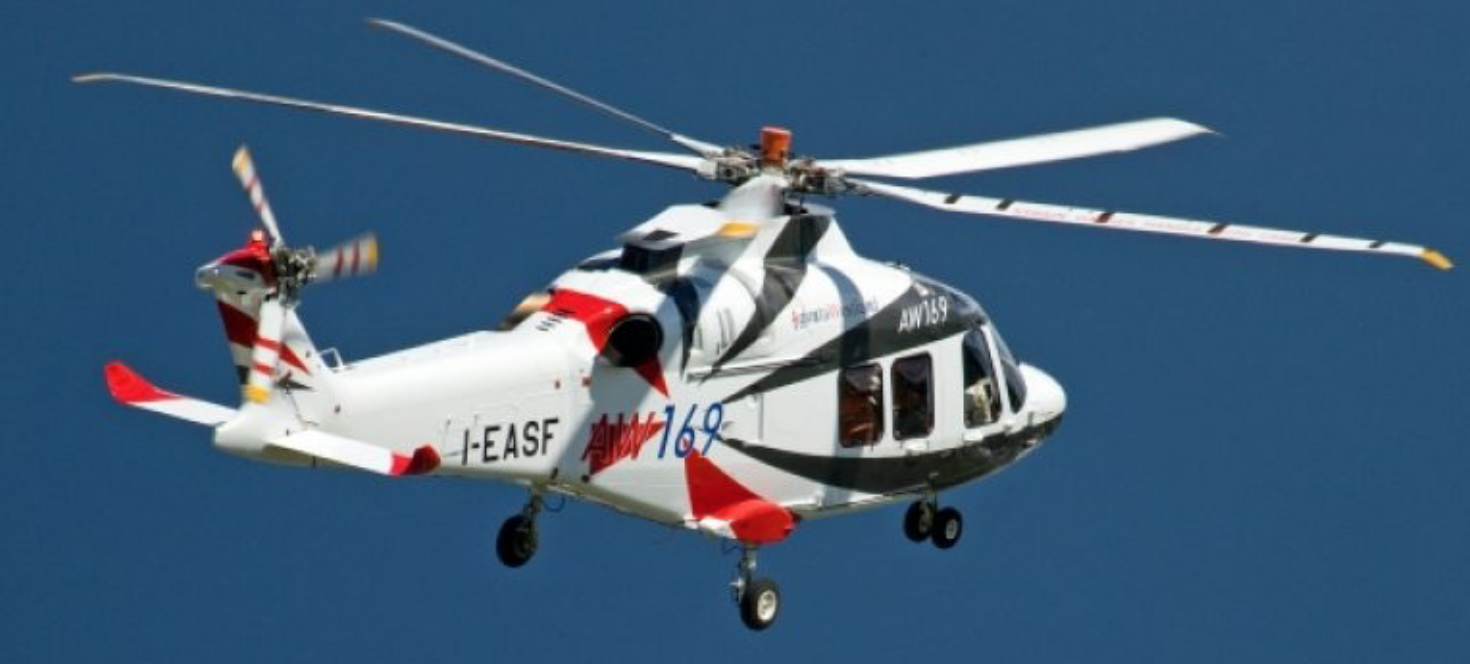
 The Norwegian Police Directorate has chosen the AW169 as the country’s new police helicopter.
The Norwegian Police Directorate has chosen the AW169 as the country’s new police helicopter.
 Major evaluation of country’s research landscape also found that internationalisation was a key area for improvement.
Major evaluation of country’s research landscape also found that internationalisation was a key area for improvement.
 As Secretary of State Rex Tillerson and others in Washington mourned the death of the long-imprisoned Chinese dissident
As Secretary of State Rex Tillerson and others in Washington mourned the death of the long-imprisoned Chinese dissident 
 Liu Xiaobo 61, Nobel laureate and political prisoner, dies of liver cancer, after spending almost a quarter of his life behind bars in Chinese custody.
Liu Xiaobo 61, Nobel laureate and political prisoner, dies of liver cancer, after spending almost a quarter of his life behind bars in Chinese custody.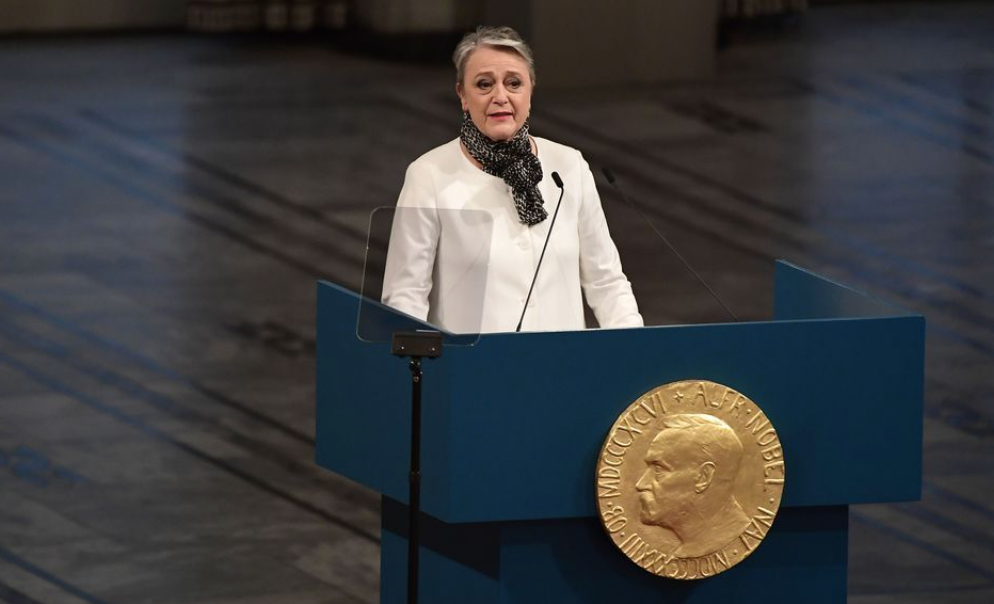
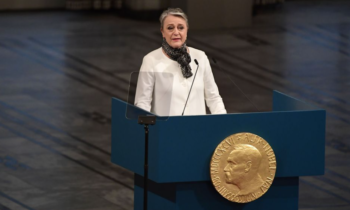 Berit Reiss-Andersen has sought the permit to attend activist Liu Xiobo’s funeral.
Berit Reiss-Andersen has sought the permit to attend activist Liu Xiobo’s funeral.
 As TV ratings continue to take a beating, broadcasters are searching for ways to keep audiences — particularly hard-to-reach teenagers — engaged in their shows. For Norway’s public service broadcaster, NRK, this meant putting Instagram at the heart of its
As TV ratings continue to take a beating, broadcasters are searching for ways to keep audiences — particularly hard-to-reach teenagers — engaged in their shows. For Norway’s public service broadcaster, NRK, this meant putting Instagram at the heart of its 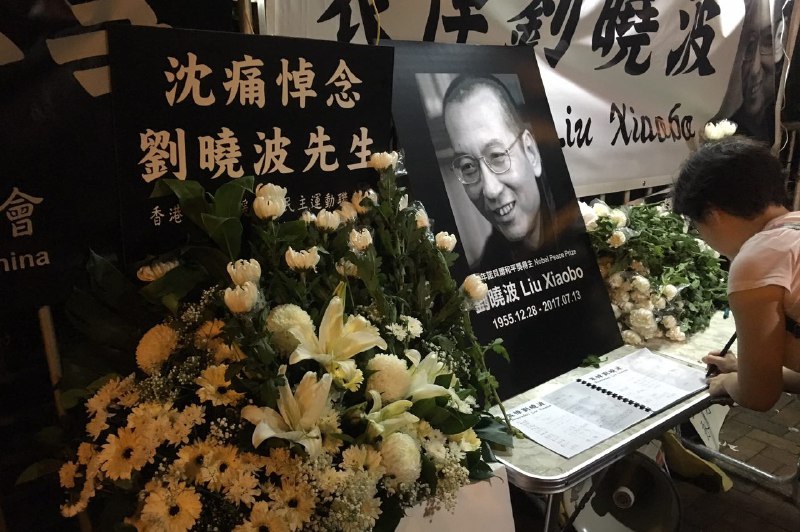
 It was China’s decision to jail
It was China’s decision to jail 
 Turkey has so far built nine hybrid ferries for Norway, which is one of the world’s leading maritime nations, deputy board chairman of Yalova-Altinova Shipbuilders Inc. said Wednesday.
Turkey has so far built nine hybrid ferries for Norway, which is one of the world’s leading maritime nations, deputy board chairman of Yalova-Altinova Shipbuilders Inc. said Wednesday.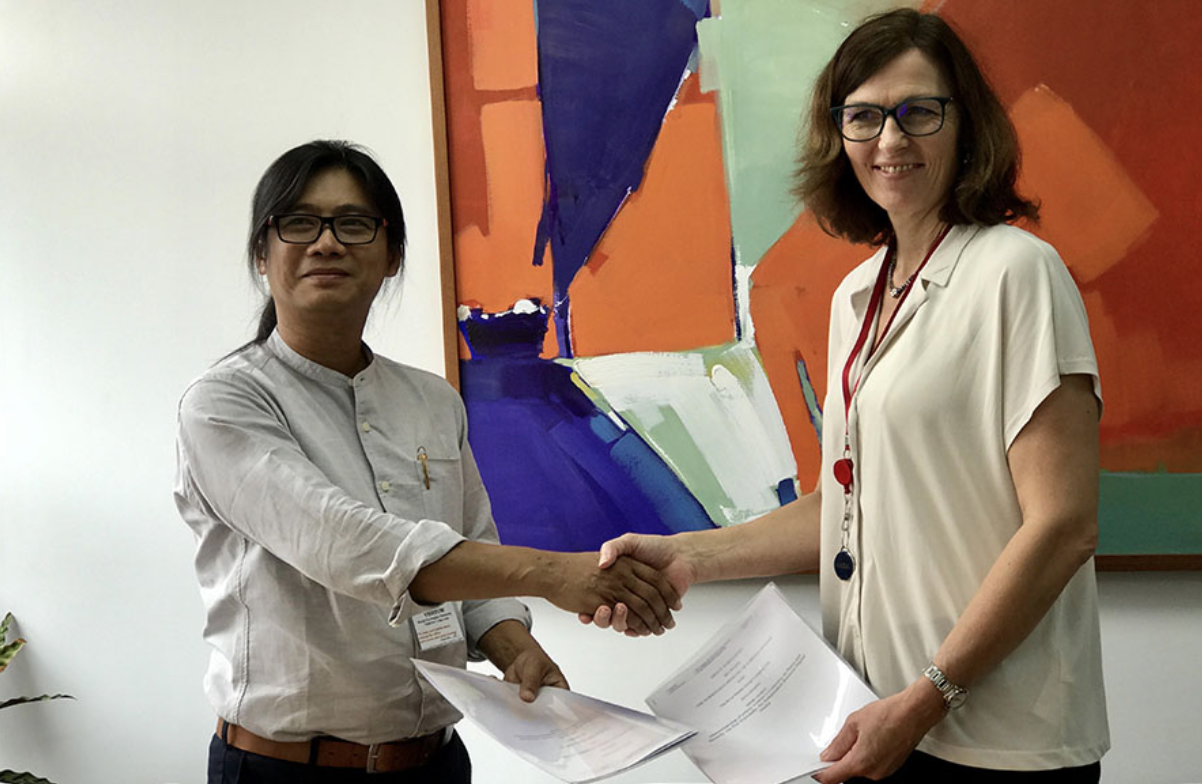
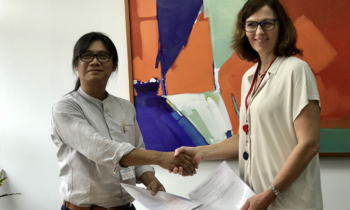 Norway is supporting The Irrawaddy news organization to strengthen its coverage of women, peace and security issues over a 19-month period as part of Norway’s commitment to the implementation of United Nations’ Security Council Resolution (UNSCR) 1325 in Myanmar.
Norway is supporting The Irrawaddy news organization to strengthen its coverage of women, peace and security issues over a 19-month period as part of Norway’s commitment to the implementation of United Nations’ Security Council Resolution (UNSCR) 1325 in Myanmar.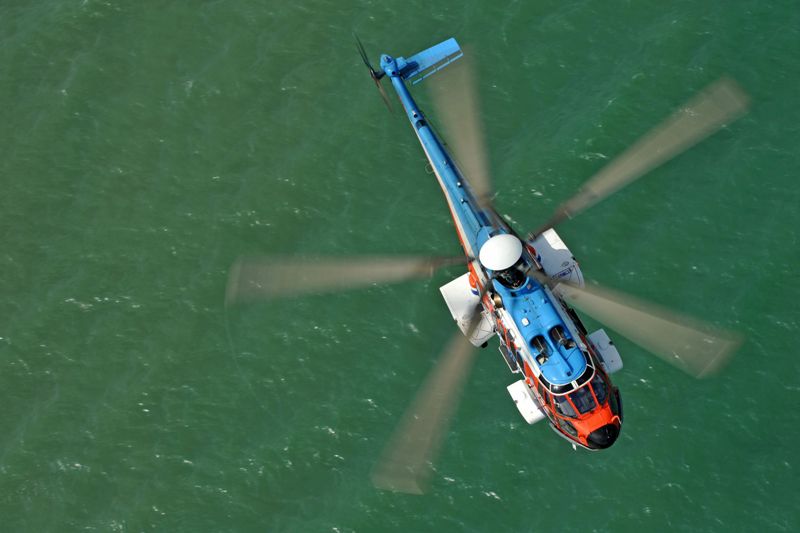
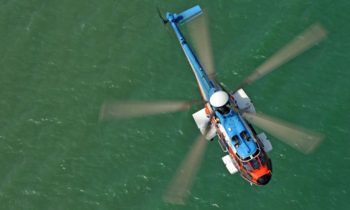 The UK Civil Aviation Authority (CAA) and the Civil Aviation Authority of Norway are set to lift a flight ban of the H225LP and AS332L2 Super Puma helicopters across the two countries.
The UK Civil Aviation Authority (CAA) and the Civil Aviation Authority of Norway are set to lift a flight ban of the H225LP and AS332L2 Super Puma helicopters across the two countries.
 A GUNMAN armed with a pistol opened fire outside a Norwegian nightclub in Oslo injuring four people including two bouncers, police reported.
A GUNMAN armed with a pistol opened fire outside a Norwegian nightclub in Oslo injuring four people including two bouncers, police reported.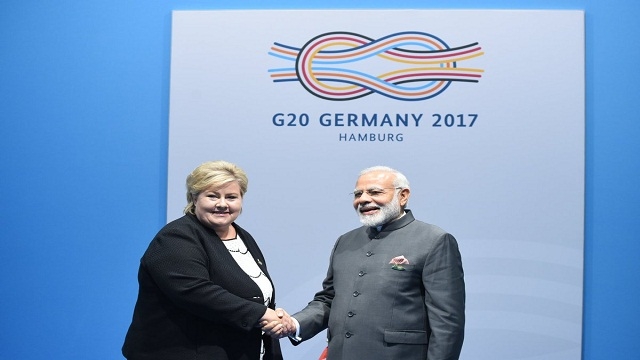
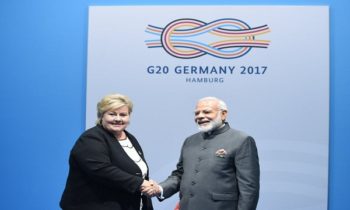 Narendra Modi invited Erna Soolberg, PM of Norway to invest in National Investment and Infrastructure Fund in India.
Narendra Modi invited Erna Soolberg, PM of Norway to invest in National Investment and Infrastructure Fund in India.
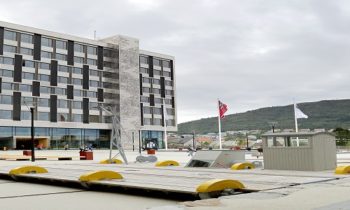

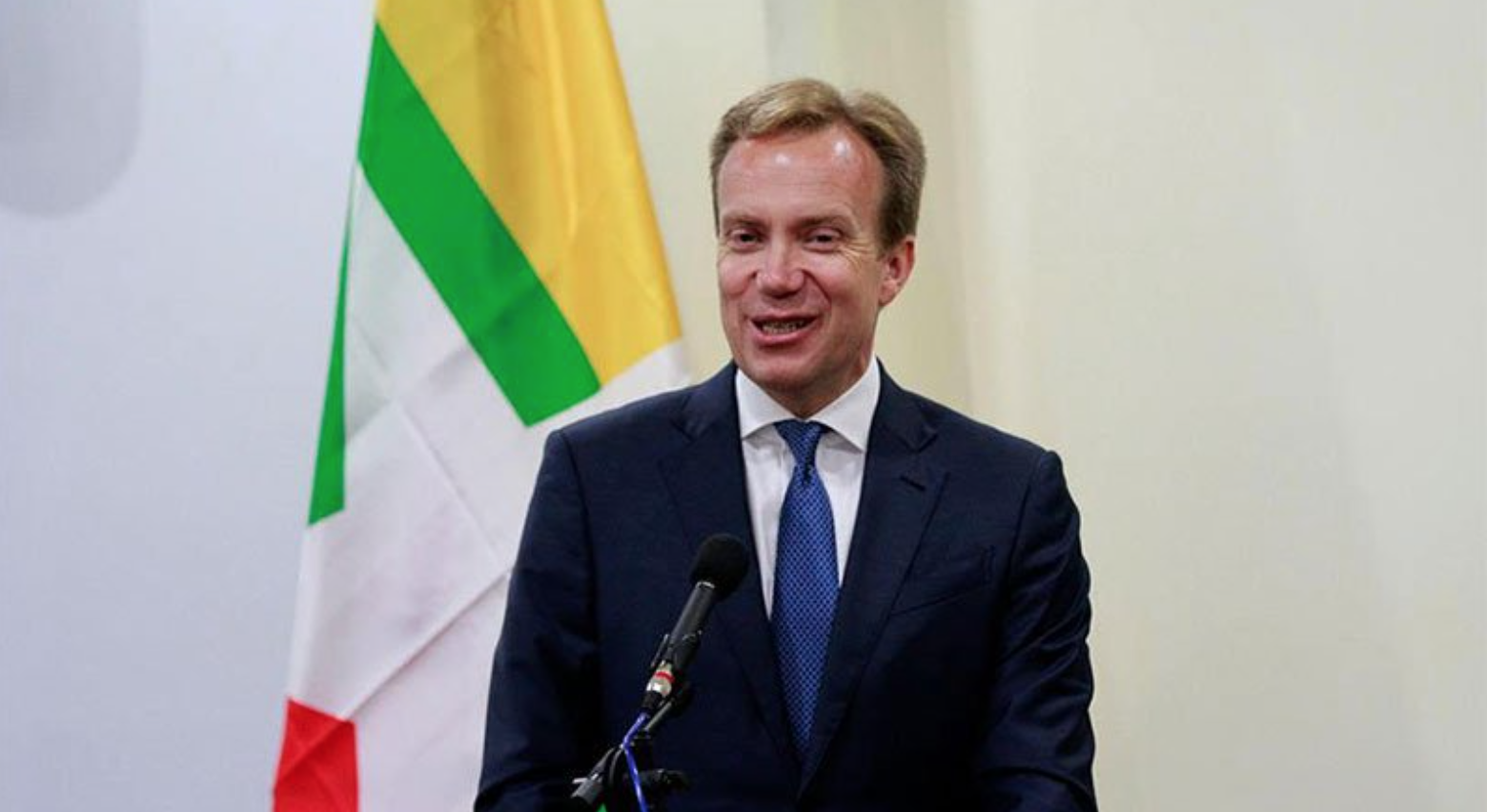
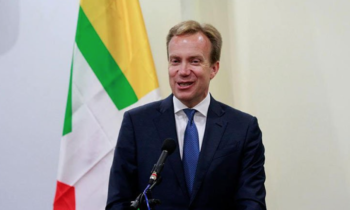 Under the auspices of UNESCO, representatives of The Republic of the Union of Myanmar and The Kingdom of Norway finalized the repatriation of an illegally-purchased Buddha Statue to its place of origin, according to a statement. The return of the statue took place during an official handover ceremony in the presence of H.E. Mr Børge Brende, Minister of Foreign Affairs of Norway, and H.E. Thura U Ko Aung, Minister of Religious Affairs and Culture, at the National Museum in Nay Pyi Taw on 6 July 2017 at 16.45.
Under the auspices of UNESCO, representatives of The Republic of the Union of Myanmar and The Kingdom of Norway finalized the repatriation of an illegally-purchased Buddha Statue to its place of origin, according to a statement. The return of the statue took place during an official handover ceremony in the presence of H.E. Mr Børge Brende, Minister of Foreign Affairs of Norway, and H.E. Thura U Ko Aung, Minister of Religious Affairs and Culture, at the National Museum in Nay Pyi Taw on 6 July 2017 at 16.45.